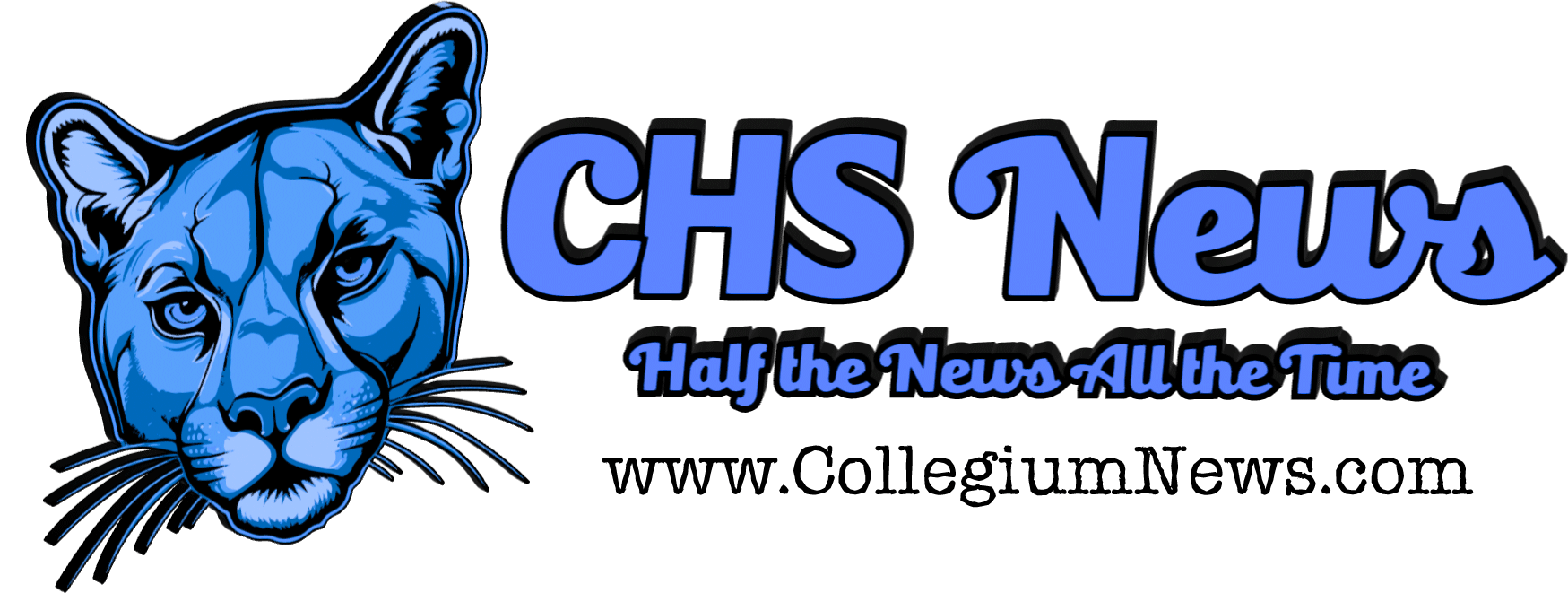In this CSTA 3A-aligned course, students will learn foundations of computer science and basic programming, emphasizing logical thinking and problem-solving skills. This course is designed for complete beginners with no previous background in computer science or text-based programming. The course is highly visual, dynamic, and interactive, making it engaging for new coders. Students will develop proficiency in procedural programming and logical thinking using common programming languages, including JavaScript and Python. It covers all concepts in the CSTA framework, including Algorithms & Programming, Computing Systems, Data and Analysis, Impacts of Computing, and Networks & the Internet, and provides students a strong foundation to advance to AP® Computer Science Principles and/or AP® Computer Science A (Java).
Category: Credits
Graphic Design Level 1
Learn to express yourself through the combination and composition of visual elements such as Typography, Shape, Color, and Images. We will be using Adobe Photoshop and Illustrator to create portfolios of work showcasing student achievement in the class including image manipulation, posters, books, album design, and brief web animations. This course is great for artists and technology enthusiasts alike!
Digital Photography
In this course students will focus on the rules of photography and their influence on the composition of a photograph. During which time students will use their cell phones to take photos to show their understanding of the targeted goals for each lesson. Art history, appreciation, and criticism will be discussed throughout the course. Students have time to experiment with lighting and digital SLR cameras. Digital phone apps will be used to learn how to alter photos. Students will also spend time discussing the value of photography to our society and the ethics of photography.
Computer Assisted Design (CAD)
Computer Aided Design and Drafting (CAD) software offering an easy-to-use set of tools for 3D mechanical design, documentation, and product simulation. This course is designed to give students a solid understanding of CAD software features and capabilities from the basics through advanced components. This course focuses on all learning styles through the use of texts, audio/video examples, interactivity, and quizzes. Students will be able to unleash their creativity by designing a Formula 1 race car, 3D printed signs, and various other projects.
Business Applications
This course will build upon each student’s computing skills, and provide project-based learning in development of computer documents, presentations, and spreadsheets. The goal of this course is for students to use real-world content and produce professional business documents using skills that translate across various office computing software, including Google Workspace and Microsoft Office. This course will also highlight resume development and professional practices.
Broadcast Journalism
Students will learn how to reliably research news topics, find and use royalty-free resources, develop broadcast copy, film, edit, create, star in, and publish their own broadcast programs using video editing and live broadcast software. Students creating broadcasts have the potential to share their work with a worldwide audience. Broadcasting students will also produce media to support the daily Collegium student news production.
Myths, Legends, and Mysteries of History
Students in this course will investigate the myths and legends of a variety of cultures as well as study famous unsolved mysteries. This project-based course will allow students to use a variety of technology and both primary and secondary source materials in class discussion to enhance their critical thinking and presentation skills.
Entrepreneurship
Do you dream of owning your own business? This course can give you a head start in learning about what you’ll need to own and operate a successful business. Students will explore creating a business plan, financing a business, and pricing products and services.
Cultural Anthropology and Human Geography
Humans have a relationship with the world unlike any other organism on Earth, and this course explores the consequences of this- both positives and challenges. The Cultural Anthropology and Human Geography Elective aims to give students the opportunity to gain a better understanding of this relationship and how, more specifically as members of cultural groups, they can impact the world around them in terms of environmental, social, political, and global conflict and change. The class will also give students the chance to explore how this information is found through different Anthropological methods, such as data studies, field surveys, excavations, and more. Students will both look at past historical archaeological examples as well as current trends and patterns to determine a course of action on how to solve modern day problems and situations.
African American History
Throughout U.S. history, how have African Americans helped shape American culture? This course answers that question by tracing African Americans’ accomplishments and obstacles, beginning with the slave trade on up to the modern Civil Rights movement. Learn about the political, economic, social, religious, and cultural factors that have influenced African American life, meet individuals who changed the course of history, and explore how the African American story still influences current events.
